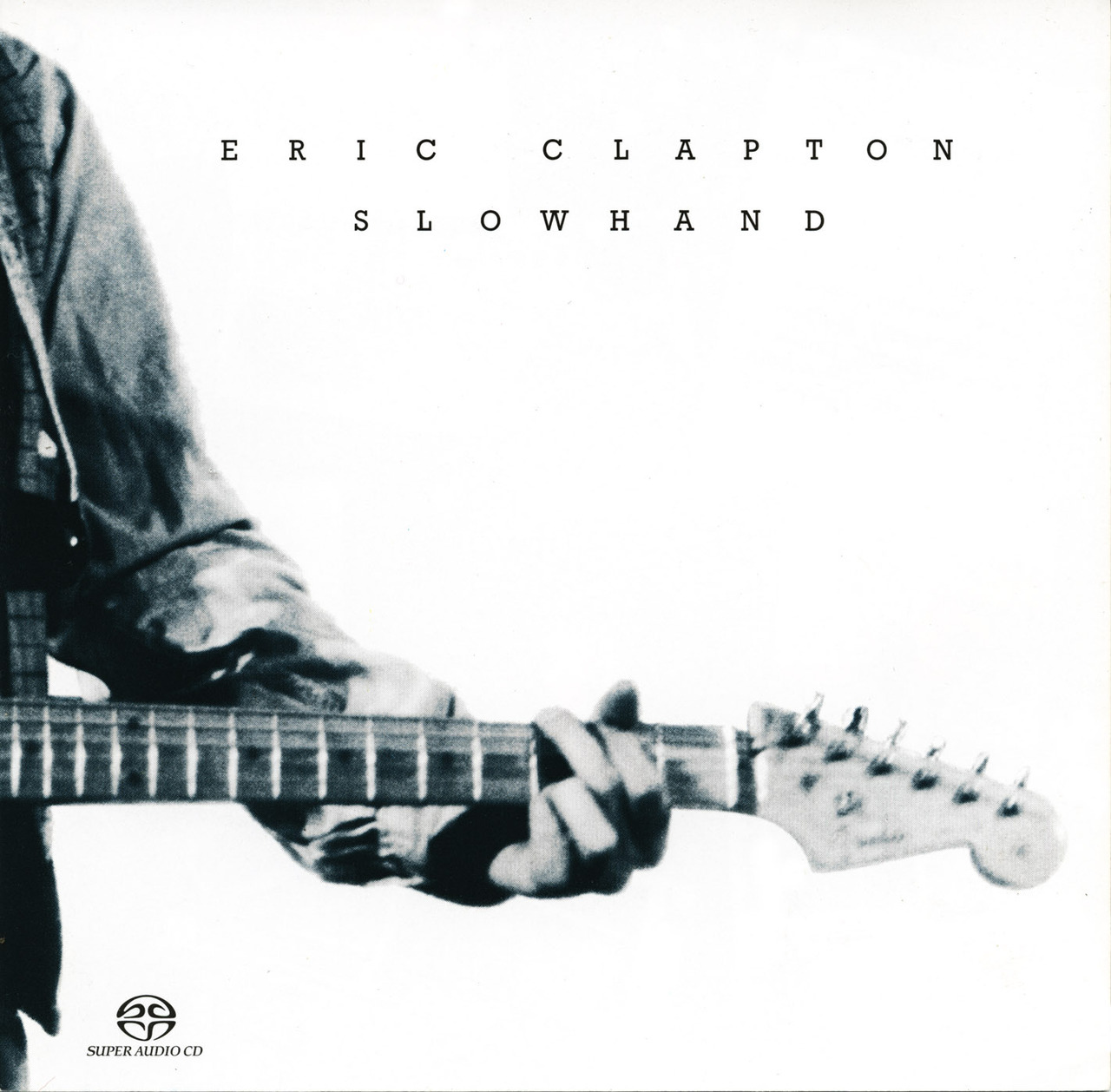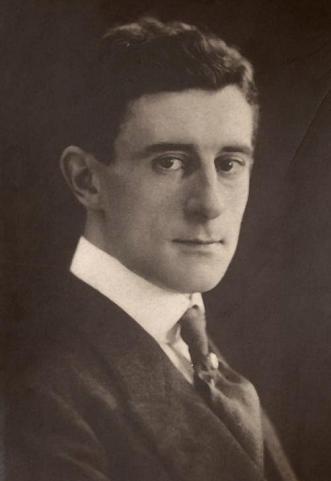
The Beatles addressed the duality of man with this profoundly bouncey pop nugget. Though credited to both Lennon and McCartney, 'Hello, Goodbye' was written solely by McCartney. Brian Epstein's assistant Alistair Taylor played a pivotal role in the composition of the song: "I always say that it should be by Lennon/McCartney/Taylor. I always make a big joke of it. Because the original idea came from a semi-drunken night up at Cavendish Avenue. Paul and I were larking about on a little harmonium. He was saying come on Al anyone could write a song and I said if they could there would be a million Lennon & McCartneys. But we pumped some air into this harmonium and he said you hit that end and I'll hit this end and let's get a rythmn going. Then he said I'll shout out a word and you shout out the opposite. Black - White, Come - Go. A few weeks later he gave me a white acetate and said there you go that's the new single. It was a number one - 'Hello Goodbye'. So thanks buddy. He won't even speak to me now ... I wonder whether Paul really made up that song as he went along or whether it was running through his head already."
McCartney remembers: "'Hello Goodbye' was one of my songs. There are Geminian influences here I think-- the twins. It's such a deep theme of the universe, duality-- man woman, black white, high low, right wrong, up down, hello goodbye-- that it was a very easy song to write. It's just a song of duality, with me advocating the more positive. You say goodbye, I say hello. You say stop, I say go. I was advocating the more positive side of the duality, and I still do to this day."
The Beatles recorded it during October of 1967. The sessions were produced by George Martin and engineered by Ken Scott with Paul McCartney on lead vocal, bass, piano, bongos, and congas; John Lennon on backing vocal and Hammond organ; George Harrison on backing vocal and lead guitar; Ringo Starr on backing vocal, drums, maracas, and tambourine; with Kenneth Essex and Leo Birnbaum on viola.
'Hello, Goodbye' was released the same week as their album 'Magical Mystery Tour' in late November and was included on the US version of the album. It didn't appear on an album in the UK until 1973; but has appeared on subsequent releases of 'Magical Mystery Tour'.
Lennon dismissed the song as "three minutes of contradictions and meaningless juxtapositions ... That's another McCartney. An attempt to write a single. It wasn't a great piece. The best bit was at the end, which we all ad-libbed in the studio, where I played the piano. Like 'Ticket To Ride,' where we just threw something in at the end."
McCartney says: "I remember the end bit where there's the pause and it goes 'Heba, heba hello'. We had those words and we had this whole thing recorded but it didn't sound quite right, and I remember asking Geoff Emerick if we could really whack up the echo on the tom-toms. And we put this echo full up on the tom-toms and it just came alive."

'Hello, Goodbye' was a number one smash around the globe; their fifth in Spain, sixth in Germany, eighth in Denmark, tenth in Ireland, thirteenth in the Netherlands and Norway, fourteenth in Sweden, fifteenth in the UK and the US, nineteeth in Australia, and their twenty-first number one in Canada. In the UK, it spent seven weeks at the top of the charts, making it one of their biggest hits there.
http://www.thebeatles.com/
The Beatles made promotional films for 'Hello, Goodbye' featuring them wearing their outfits from 'Sgt. Pepper's Lonely Hearts Club Band' on November 10, 1967 at the Saville Theatre in London. The BBC refused to air them because of strict rules against lip synching in the British Musicians Union. One of the films appeared on 'The Ed Sullivan Show' on November 26, 1967.
You say yes,
I say no.
You say stop
And I say go go go,
Oh no.
You say goodbye
And I say hello
Hello hello
I don't know why you say goodbye,
I say hello
Hello hello
I don't know why you say goodbye,
I say hello
I say high,
You say low
You say why
And I say I don't know,
Oh no
You say goodbye and I say hello
(Hello Goodbye Hello Goodbye)
Hello hello
(Hello Goodbye)
I don't know why you say goodbye,
I say hello
(Hello Goodbye Hello Goodbye)
Hello hello
(Hello Goodbye)
I don't know why you say goodbye
(Hello Goodbye) I say hello
Why why why why why why
Do you say goodbye goodbye,
Oh no?
You say goodbye
And I say hello
Hello hello
I don't know why you say goodbye,
I say hello
Hello hello
I don't know why you say goodbye,
I say hello
You say yes
(I say "yes")
I say no
(but I may mean no.)
You say stop
(I can stay)
And I say go go go
(till it's time to go ),
Oh no no
You say goodbye and I say hello
Hello hello
I don't know why you say goodbye,
I say hello
Hello hello
I don't know why you say goodbye,
I say hello
Hello hello
I don't know why you say goodbye,
I say hello hello
Hellooooo
Hela heba helloa
Hela heba helloa Cha Cha Cha
Hela heba helloa Whooo
Hela heba helloa Hela
Hela heba helloa Cha Cha Cha
Hela heba helloa Whooo
Hela heba helloa Cha Cha
Hela heba helloa
Lennon would exclaim in disgust: "'I Am the Walrus' was the B side to 'Hello, Goodbye,'! Can you believe it?"
I am he
As you are he
As you are me
And we are all together
See how they run
Like pigs from a gun
See how they fly
I'm crying
Sitting on a cornflake
Waiting for the van to come
Corporation tee shirt
Stupid bloody Tuesday
Man, you been a naughty boy
You let your face grow long
I am the eggman (Ooh)
They are the eggmen, (Ooh)
I am the walrus
Goo goo g' joob
Mister city p'liceman sitting pretty
Little p'licemen in a row
See how they fly
Like Lucy in the sky
See how they run
I'm crying
I'm crying, I'm crying, I'm crying
Yellow matter custard
Dripping from a dead dog's eye
Crabalocker fishwife pornographic priestess
Boy you been a naughty girl
You let your knickers down
I am the eggman (Ooh)
They are the eggmen (Ooh)
I am the walrus
Goo goo g' joob
Sitting in an English
Garden waiting for the sun
If the sun don't come
You get a tan from standing in the English rain
I am the eggman
They are the eggmen
I am the walrus
Goo goo g' joob g' goo goo g' joob
Expert texpert choking smokers
Don't you think the joker laughs at you?
See how they smile
Like pigs in a sty, see how they snied
I'm crying
Semolina pilchards
Climbing up the Eiffel Tower
Element'ry penguin singing Hare Krishna
Man, you should have seen them kicking Edgar Allan Poe
I am the eggman (Ooh)
They are the eggmen (Ooh)
I am the walrus
Goo goo g' joob
Goo goo g' joob
G' goo goo g' joob
Goo goo g' joob, goo goo g' goo g' goo goo g' joob joob
Joob joob...




